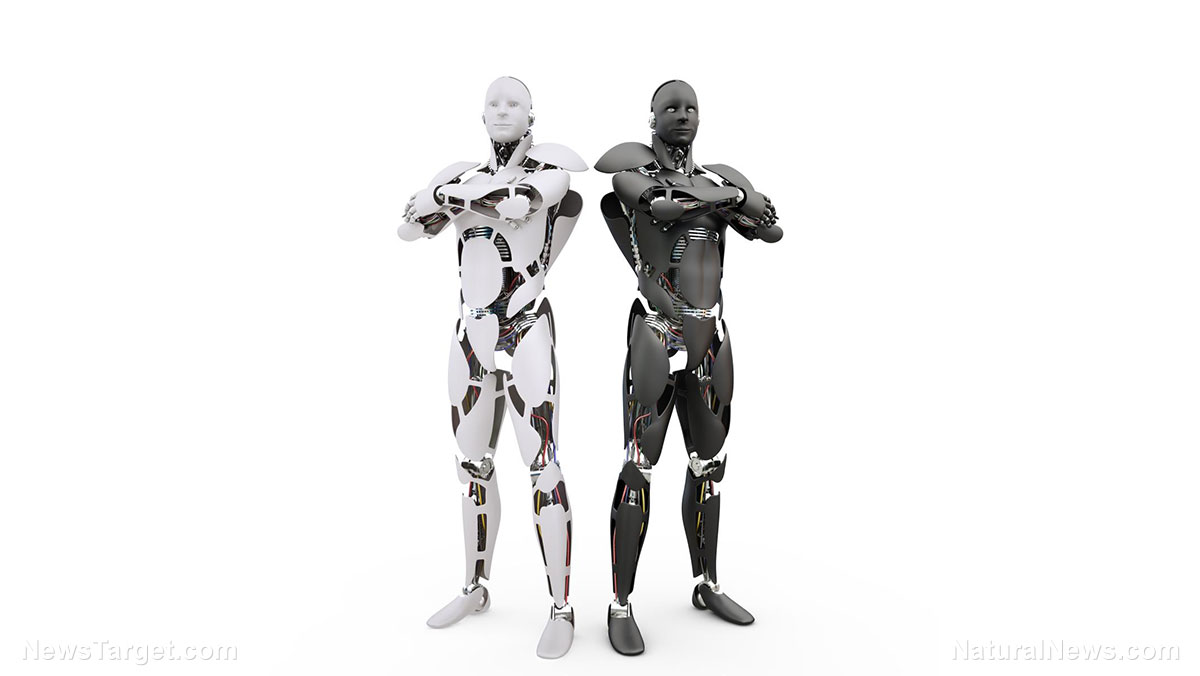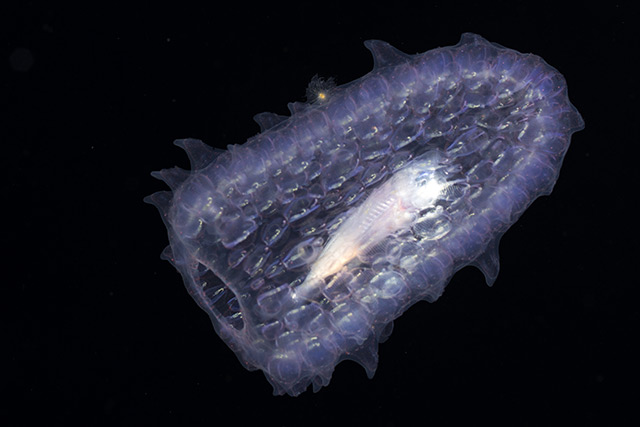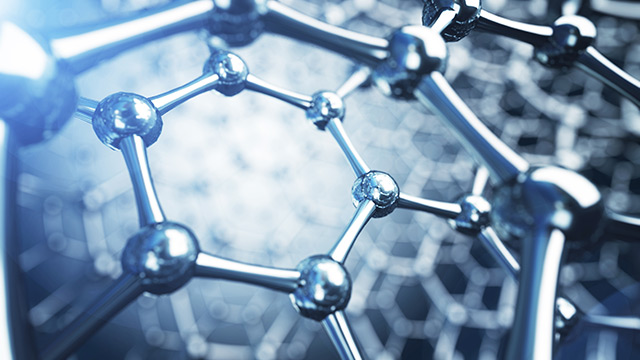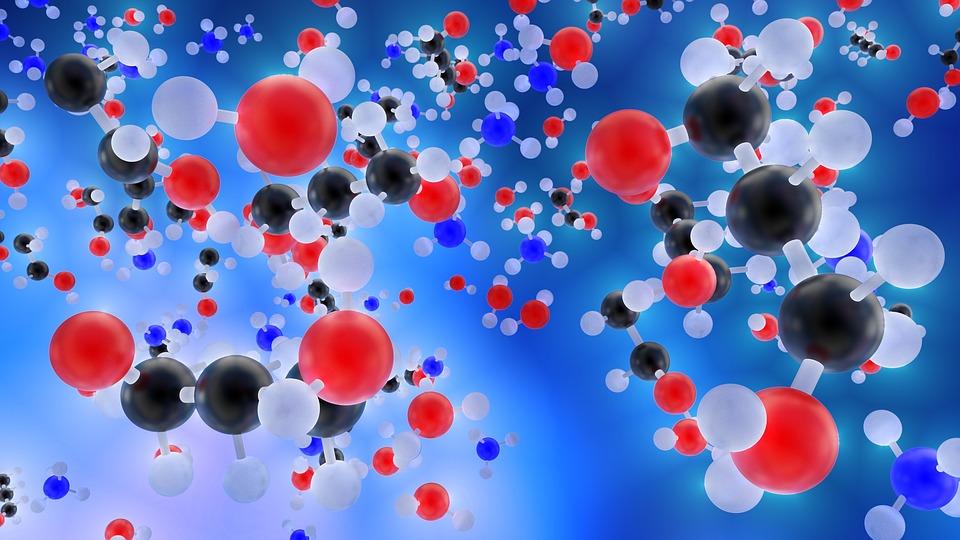Researchers from the University of Colorado (CU) Boulder have just devised a new method of forming “electronic skin” which is said to be malleable, self-healing, and could potentially be used in the fields of robotics, biomedicine, and more. This new e-skin could serve as the basis for future basis in various engineering, medical, or scientific fields.
According to a report on the study, researchers were able to design an e-skin that was thin and translucent, and possessed mechanical properties of human skin. It was said that a number of different kinds of wearable e-skins – in different sizes, at that – were being developed by experts all over the world as they begin to recognize the immense value they could offer.
The kind of e-skin created by the CU Boulder researchers contained embedded sensors which allowed it to measure measure things like air flow, humidity, pressure, and even temperature. It also boasted a number of distinctive properties, including the use of a rare type of covalently-bonded dynamic network polymer, referred to by the researchers as polyimine, which has been laced with silver nanoparticles in order to provide improved mechanical strength, electrical conductivity, and chemical stability.
According to Jianliang Xiao, assistant professor in CU Boulder’s Department of Mechanical Engineering and the lead author of the study, the use of polyimine gives the newly-created e-skin other more interesting attributes.
“What is unique here is that the chemical bonding of polyimine we use allows the e-skin to be both self-healing and fully recyclable at room temperature,” he said. “Given the millions of tons of electronic waste generated worldwide every year, the recyclability of our e-skin makes good economic and environmental sense.”
Wei Zhang, an associate professor in CU Bounder’s Department of Chemistry and Biochemistry, also shared his thoughts on the results of their research. He said the self-healing process may not be that advanced, but it’s still a lot better than nothing. Zhang likens it to the “re-healing” process that is demonstrated in the movie Terminator, where the main villain manages to recover fully with seemingly unharmed skin after being shot, beaten, or outright run over. Although the actual process for their own e-skin isn’t nearly as dramatic, it’s quite effective thanks to its use of a mix of three commercially available compounds in ethanol.
The fact that it contains sensors and has the ability to heal itself can be perfect for the e-skin’s flexibility, which allows it to conform to curved surfaces such as human arms or even robotic hands. This is done by applying a small amount of heat and pressure on the e-skin to make it stay in place without subjecting it to excessive stresses.
“Let’s say you wanted a robot to take care of a baby,” said Zhang. “In that case you would integrate e-skin on the robot fingers that can feel the pressure of a baby. The idea is to try and mimic biological skin with e-skin that has desired functions.
The e-skin has also been designed to be environmentally friendly. The researchers made it so that the e-skin could be easily recycled, which is done simply by soaking it into a specific recycling solution. This breaks down the material into a new recycled solution, which can then be used to make new e-skins.
Learn more ways experts are advancing the field of robots in Robotics.news.
Sources include:
Colorado.edu
ScienceDaily.com




















